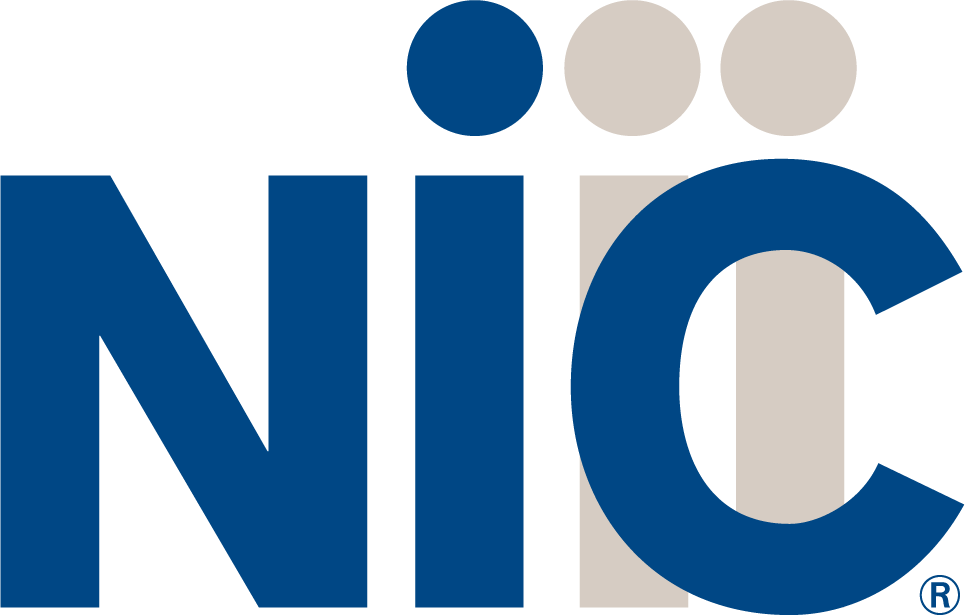sponsor content What's this?

5 Surefire Ways to Improve Your Government Payments System
By Richard A. Haug, PMP
Presented by
NIC

Today, your agency may be considering enhancing or even replacing a payment processing platform that has been in place for generations. While the process may fulfill basic functions, it may not be the public-facing experience your agency desires for its customers. Worse, the latest payment methods embraced by your customers may not be possible with your existing platform. As the expectations of government customers evolve, agencies are increasingly asking more of their current payments platform but maintaining a primitive payment system places increased burden on your agency’s limited resources and could even be preventing your agency’s ability to meet its payment processing goals. If you are looking to enhance your agency’s end-to-end payment processing performance, here are five best practices to consider.
1) Deliver a great payment experience. When considering a new payment processing system, ask yourself, “What would the ideal payment experience look like for my customers?” Oftentimes, comparisons are helpful. In your personal life, you may have a favorite website that you return to repeatedly. Perhaps it is because it has a great selection of products or services with agreeable pricing. Perhaps it offers seamless refunds, and its customer service team is always helpful. Or it may be because the payment experience on your mobile device is so pleasant—it remembers you, is easy to navigate, and secure. It makes your shopping experience enjoyable. Your current agency payment process should be mobile friendly and offer a similar experience for your customers.
2) Accept all types of payments. It wasn’t that long ago that we were using the U.S. mail exclusively to send money or cash to friends and family. It took a few days or, in some instances, a few weeks to receive the funds. Now, more than any other time in our nation’s history, we have a multitude of ways not only to send money to friends and family, but also to pay for bills or items at check-out. Today, using a service like PayPal or Venmo, you can send money in seconds rather than days. In other instances, an individual may elect to transact solely with cash. Payment collection platforms should allow receipt for the wide variety of payment methods your customers use in their daily lives, both domestic and international.
3) Build trust with transaction transparency. Have you searched online for a getaway weekend and found a tremendous property that checks all your boxes for location, availability, and amenities only to find out at checkout that there is a previously unmentioned “resort fee”? That is so frustrating! Along those same lines, could your current payment process potentially have hidden fees? Does it provide total cost transparency for your customers? Your payments platform should clearly describe the fees associated with the transaction. Build trust and improve your customer’s payment experience by disclosing processing costs upfront using a payment processing platform that offers transaction transparency. Transparency benefits your agency too. Less work is required by your team to respond to pricing related questions. More importantly, it builds trust between you and your customer, both internal and external to your agency.
4) Provide the ultimate platform security. The entire electronic payments ecosystem is in a continual battle against domestic and international fraudsters, and the balance between payment security and platform ease-of-use is delicate. Just like your customer’s expectations evolve, so too do the techniques of fraudsters as they battle the counter measures we put in place to combat security threats. Look for partners with a strong security posture who are PCI Level 1 certified and maintain NIST compliance. Never sacrifice a security component at any stage of the payment process. Also consider a partner who can deploy the latest innovations into the payment stream, such as tokenization—a feature that reinforces your agency’s commitment to keeping customer personal identifiable information (PII) secure.
5) Access timely and actionable insights. Many agencies need strong insights into how the payment processing platform is performing but have limited time and resources to expend from their finance team. The need to have access to real-time reporting analytics, customizable to your specific agency needs and at a moment’s notice is critical. With the combination of budget challenges, staff vacancies, plus the burden of pulling data from a legacy system, your finance team may find it increasingly difficult to provide performance metrics in response to congressional inquiries, data requests from senior leadership or Freedom of Information Act submissions. When considering partners, ensure they offer a customizable dashboard, as well personalized auto-generated reports delivered in the method and frequency you desire.
In summary, when considering enhancing or replacing your agency’s payment processing, look for a partner that can deliver an intuitive, scalable, highly secure, and customizable payment platform built specifically for government and these modern times that manages every aspect of the payment lifecycle. Make certain your next provider has experience with delivering this level of support. This way, you can free up your limited staff and allow them to focus on other areas of importance to your agency.
--
Richard Haug is a general manager for NIC Federal, a subsidiary of Tyler Technologies, and is an expert in the field of government payment processing. Prior to joining NIC, Richard was the program manager for the U.S. Department of the Treasury’s U.S. Debit Card and Digital Pay, a program that allows federal agencies a means of replacing paper check and cash disbursements with e-payments. Most recently, he helped guide the issuance of more than 15 million debit cards with $18 billion in card loads for the three IRS Economic Impact Payment issuances. These disbursements helped many Americans get the cash they needed quickly and efficiently during the pandemic.
This content is made possible by our sponsor NIC; it is not written by and does not necessarily reflect the views of GovExec's editorial staff.
NEXT STORY: Securing the Hybrid Office: Mitigating Hidden Network Risks






